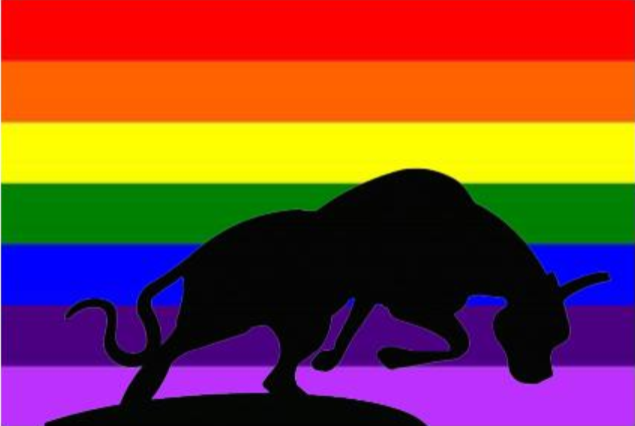When it comes to being part of a community college, all students should feel included and safe on campus. That goes for student minorities such as the LGBTQ+ community, which is trying to achieve the same educational success as others in a healthy environment.
Unfortunately, sexual harassment and discrimination will always be a recurring issue within society, but minorities likely face harsher occurrences.
According to campusexplorer.com, “13.4 percent of LGBTQ+ students who experience frequent verbal harassment don’t plan to attend college after high school. Only 6.7 percent don’t intend to go to college if they experience less frequent or rare verbal harassment.”
With anxious high school and community college minorities trying to transfer to a four-year institution, the question, “Will I be safe here?” frequently comes to mind. Acquiring campus safety usually means having access to a secure environment, and that is what many California Community Colleges already have set in motion.
But not all of them.
Pierce lacks a pride center on its campus. Queer Brahma Collective (QBC) is a club that exists on campus where students can join and meet in a designated space. They helped initiate a project called “Closet for the Closeted,” which assists students in accessing gender affirming clothing in a judgment free environment.
Otherwise known as the “Trans Closet,” this initiative offers students with certain workshops and receives donations to provide for those in need of assistance.
This is the only LGBTQ+ resource students can reach, and even then, there is only so much a student-run club can do.
Other community colleges like Mt. San Antonio College and Sierra College have legitimate pride centers on their website and campuses.
Sierra College is one of only three community colleges in the nation that have professionally staffed LGBTQ+ centers, according to the Campus LGBTQ+ Centers Directory.
“The Pride Center is where student-scholars can rest, do homework and socialize in a safe environment dedicated to the LGBTQ+ student. Scholars can also check out books, magazines and films,” according to Sierra College’s website.
California State University, Northridge also has a pride center that lists community news and events. According to CSUN’s website, their pride center’s values are: “Advocacy, Communication, Empowerment, Fun, Inclusivity, Intersectionality, Learning and Social Justice.”
Mt. SAC’s Pride Center makes clear what their space has to offer, as stated in their mission statement: “The Mt. SAC Pride Center provides a safe, supportive, and educational space for students across the gender and sexuality spectrum.” The center offers their LGBTQ+ students walk-in counseling and mental health services on top of a safe environment.
A pride center like the ones listed above could help enhance the lives of many LGBTQ+ students who call Pierce home. These centers would provide them with resources, one-on-one special counseling, and a space to feel safe and welcome with like-minded peers facing similar struggles in their academic endeavors.
LGBTQ+ students are often dealing with fighting the force of oppression within their community. The effects of homophobia and transphobia hinder diversity and promote hateful behavior toward a group of people who simply want to accomplish the same goals as other students.
If Pierce dedicated a room for a pride center, a wide group of students would be able to feel comfortable on campus and not be afraid to ask for the right help. Also, it would serve as a means for students to get connected with other peers on similar paths.
Two possible options for a pride center could be that it’s managed by the Associated Students Organization (ASO), or a decision to make it more private and could be located in the Health Center.
Using the new free speech zones are one way for students to initiate awareness toward the lack of a pride center. Highlighting the importance of this center and pushing for more resources can be a game-changer for the LGBTQ+ students who are afraid they feel invisible.
These students would be able to say they have a community college that acknowledges and supports their academic and personal needs.
The right path to a pride center can be a tricky one, but it is one well-worth trekking.


